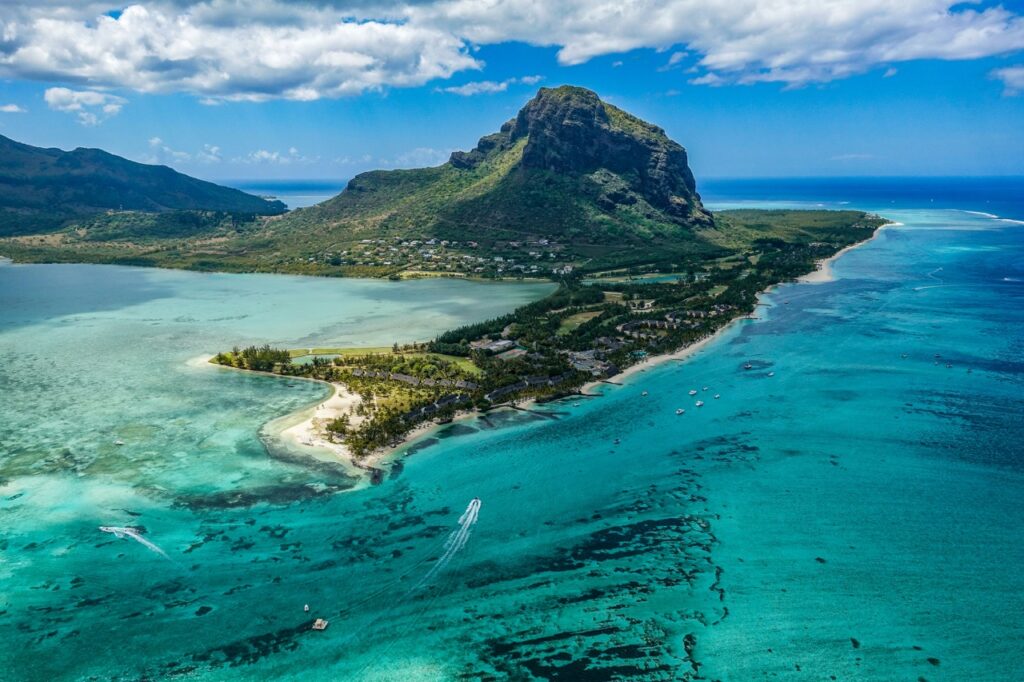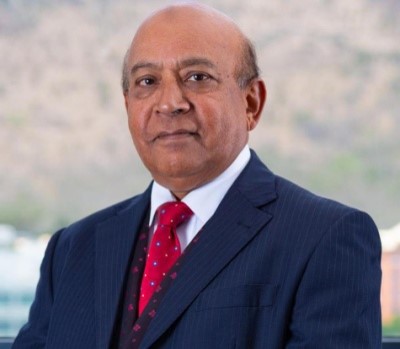Since the change of government following the November 2024 general election, Mauritius has embarked on a massive program of legal and judicial reforms, which were long overdue. The new Prime Minister, Dr Navin Ramgoolam, has entrusted the new Attorney General, Gavin Glover SC, with a significant responsibility to enhance democratic values and development, reinforce the Rule of Law, and facilitate access to justice in a more accessible, efficient, and affordable manner.

One of the most recent amendments was the abolition of the mandatory requirement for ethics identity disclosure for candidates in general elections.
It is now possible to allow voters reaching the age of 18 to have their names in the electoral register one week before the election writ is issued. Also, the counting of votes will start after the polls have closed.
Creation of a distinct Court of Appeal and a distinct Constitutional Court
In line with the 1998 Lord Mackay report, which highlighted that judges of the Supreme Court also served on the Court of Appeal, a matter which raises serious concerns about their independence and efficiency, a distinct Court of Appeal and a Constitutional Court are being established while preserving the Judicial Committee of the Privy Council as the final Court of Appeal.
A Police and Criminal Justice Act similar to the UK’s Police and Criminal Evidence Act will soon be promulgated to define police duties and powers, as well as the rights of suspects, to provide clear guidelines for enquiry and investigation processes.
Bail Legislation Reform
The Bail Act was instrumental in overlapping the powers of the Police Commissioner and the Director of Public Prosecutions (DPP). It is now clearly demarcated with respective powers and duties, while granting sole authority to the DPP on matters of objection to bail.
Financial Crimes and Anti-Corruption Measures
The constitutional power to institute the criminal institutions is vested solely in the DPP and not the Financial Services Commission.
Significant amendments will be brought in to combat financial crimes. It is proposed to bring amendments into line with international standards, thereby facilitating international cooperation in the fight against economic crime and drug trafficking.
Courts are continuing to adopt e-filing systems and, in some cases, virtual hearings to streamline the judicial process. The digitisation of court systems is ongoing to improve the efficiency of the legal process.
Chagos Islands Sovereignty and Challenge
Following several international judgments and rulings in favour of Mauritius, the UK government has finally agreed to return the sovereignty of the Chagos Islands to Mauritius. At the same time, the USA retains control of the military base on specific terms and conditions within a stipulated period.
Finally, the Constitutional Review Commission was established to modernise the 57-year-old Constitution. This Commission will make recommendations for upgrading the constitution of Mauritius and the electoral system (funding of political parties and revisiting the Electoral expenses and providing for Anti-Defection measures.
Rashad Daureeawo SC
President of the Middle Temple Associations (Mauritius)

Rashad Daureeawo is the head of RD Chambers. He is a Senior Counsel with over 50 years of experience at the Bar of Mauritius. He has a broad consultancy and litigation practice, assisting domestic and international clients across the full spectrum of laws. Rashad regularly acts as counsel before committees, tribunals and courts of Mauritius and international jurisdictions, as well as in arbitration cases.

